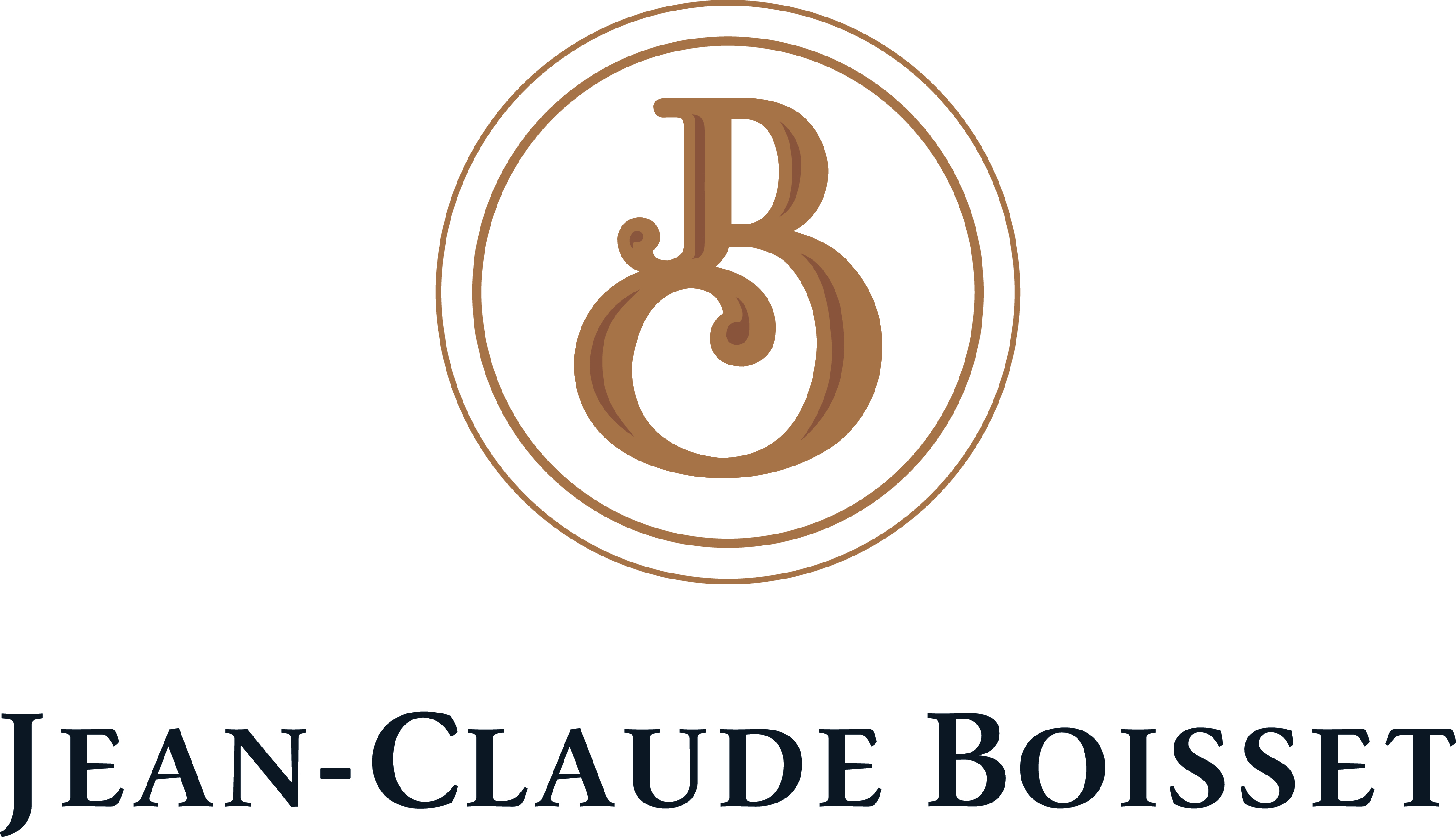Jean-Claude Boisset is a family-owned wine company founded in 1961, with their first parcel located in Gevrey-Chambertin. Today the company is based in Les Ursulines, a former convent in Nuits-Saint-Georges and is run by brother and sister duo Jean-Charles and Nathalie Boisset. In 2018, they opened a new state-of-the-art winery, reflecting their modern, technical approach to winemaking.
Since 2002, the wines have been made by Grégory Patriat. Previously head viticulturist and assistant winemaker at the legendary Domaine Leroy, Grégory has brought a detailed, vineyard-led approach to Jean-Claude Boisset. This approach is mirrored in Grégory’s winemaking, resulting in wines that reflect their origins with a harmony of freshness and fruit expression. After tasting the 2021 vintage, Jancis Robinson wrote that she “was utterly knocked out by the balance and refinement of Grégory Patriat’s wines at J-C Boisset”.
Today, Grégory makes 45 wines from across the Côte d’Or, working closely with his team of growers throughout the year. He gets just as excited about his plot of Grand Cru ‘Clos de la Roche’ (from which he has been buying fruit since 2002) or his vines in Chambolle-Musigny (which includes a parcel of the Premier Cru ‘Clos de l’Orme’), as he does with his Aligoté, his Fixin Blanc or other lesser-known appellations.
His philosophy is simple: work with old, massal selection vines that produce highly concentrated, low-yielding fruit. In the cellar, he is non-interventionist, preferring to let the fruit express itself. “70-80% of the quality comes from the vineyard,” he says. Vinification for the reds is in large, open-topped oak foudres, while the whites are fermented in Chassin barrels. Since 2007, Grégory has introduced larger 450-litre barrels to reduce the influence of oak.
Grégory’s wines have won no fewer than 74 medals and 13 trophies from prestigious competitions over the past eight years, including the International Wine Challenge ‘Clos de la Roche’ Trophy, which he has won five times.



